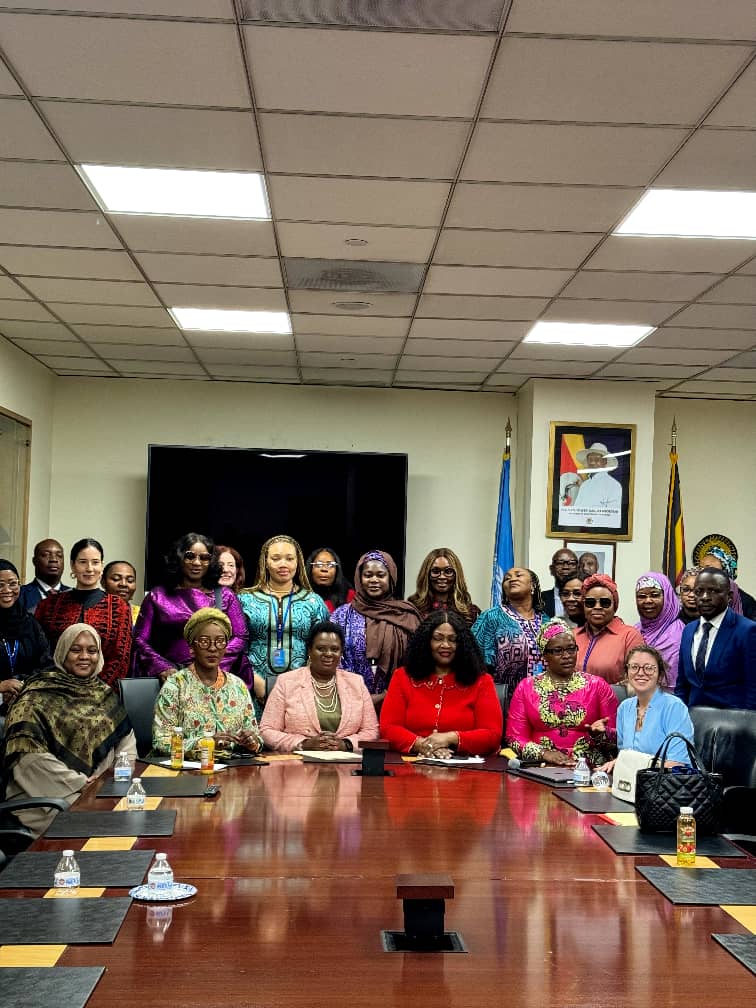
KAMPALA, UGANDA – World leaders must prioritize peace and security to address the complex global challenges threatening humanity’s future, Dr. Hillary Emmanuel Musoke Kisanja, Private Secretary to President Yoweri Kaguta Museveni, emphasized at the UN Summit of the Future 2024.
In his address, Dr. Kisanja stressed the importance of global unity, multi-stakeholder partnerships, and intergenerational cooperation in tackling pressing global challenges. “The global agenda for sustainability cannot be achieved or implemented without national leaders and global leaders,” he said.
Dr. Kisanja outlined five key principles guiding the summit, including focusing on Sustainable Development and strengthening financing for development, International Peace and Security, enhancing Science, Technology, Innovation and Digital cooperation, focusing on Youth and Future Generations, and transforming Global Governance.
Uganda’s experience with youth empowerment and inclusivity was highlighted by Dr. Kisanja, who stressed that leaving the youth out of planning and decision-making is counter-productive. “Multi-stakeholder partnerships are crucial for achieving the SDGs,” he said, citing successful collaborations between governments, civil society, and private sector partners.
Dr. Kisanja also emphasized the need for actionable commitments, an inclusive umbrella system, and intergenerational cooperation to ensure a sustainable future. He quoted the United Nations’ definition of multilateralism, stating, “The world needs greater cooperation than restrictions of cooperation to two or less states.”
Elaborating on this point, Dr. Kisanja noted, “The need for multilateralism is because of the understanding that the world needs greater cooperation than restrictions of cooperation to two or less states. Indeed, the idea of the United Nations, a cooperation between hundreds of states and its predecessor the League of Nations, strengthens the argument for a world where many states cooperate with each other.”
Dr. Kisanja highlighted the vulnerability of women and youth to wars, child trafficking, digital backwardness, education inequality, and limited access to land and family property. In Uganda and Africa, women and youth face numerous challenges, including rape, defilement, and political manipulation.
Global policies must consider their impact on these vulnerable groups, Dr. Kisanja stressed. He criticized the egocentricity of world leaders, citing the thousands of deaths in Palestine and Ukraine.
Reflecting on the creation of the League of Nations and the United Nations, Dr. Kisanja questioned what went wrong in preventing countries from terrorizing weaker states. He called for a diagnosis of current problems and the prescription of relevant solutions.
The summit seeks to address peace, security, child trafficking, digital technologies, corporate governance, and economic development. Dr. Kisanja noted that categorizing countries as first, second, or third world ignores the rich resources in developing nations, which instead rely on aid and loans.
As Uganda co-hosts the summit with 55 African countries, Dr. Kisanja thanked Dr. Tee Simpson, President of UN Women Association, for promoting agribusiness and unity.
Uganda’s commitment to the SDGs is reflected in its National Development Plan, prioritizing sustainable development, economic growth, and social transformation. The summit’s outcome is expected to shape global development agendas and inspire renewed commitment to achieving the SDGs by 2030.






